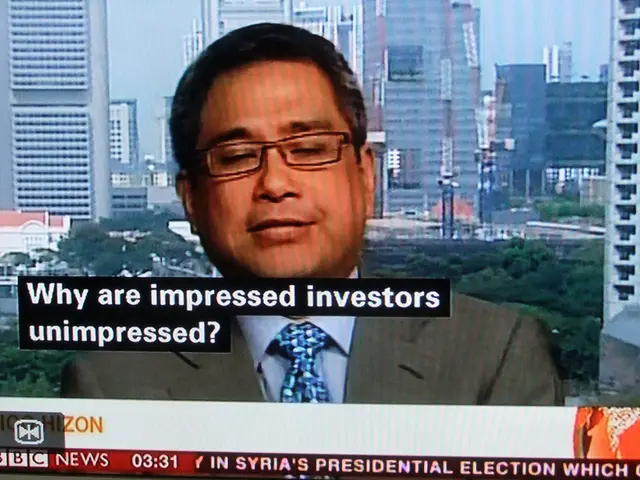Reduced GST for ICE vehicles could potentially hinder the pace of electric vehicle development, according to news outlets.
The Goods and Services Tax (GST) Council in India is considering a significant restructuring of the GST framework, which could bring about substantial changes to the taxation of automobiles across categories.
In a proposed reform, the Centre is considering scrapping the 12% and 28% GST slabs, a move that has been backed by the Group of Ministers (GoM). This could potentially result in a loss of revenue of USD 5-6 billion for the government, according to reports.
Under the first scenario, GST on small cars could be reduced from 28% to 18%, potentially resulting in price cuts of nearly 8% for small cars and 3-5% for larger models. Larger cars, on the other hand, may move to a new GST rate of 40% in the first scenario, with the removal of the existing cess. This could dent the value equation for first-time buyers contemplating a transition to electric vehicles (EVs), as a GST-induced price correction in ICE vehicles could narrow the cost gap with EVs, according to reports.
A potential disadvantage for EV players could emerge if taxes are reduced on ICE vehicles, as a reduction in taxes on ICE vehicles could weaken the pricing incentive driving EV adoption. The larger issue, from an HSBC perspective, is that a GST shift could undermine the cost benefit that electric vehicles have now, which could retard their acceptance throughout the nation.
On the other hand, the second scenario proposes a GST reduction in all vehicle categories to 18%, with the cess remaining intact. This second scenario would lower ex-factory cost prices by 6 to 8%. However, this could potentially result in a loss of revenue for the government, as the third scenario suggests a flat reduction in GST coupled with the abolition of the cess, which could make the government's GST revenues from the auto industry lose almost half.
The report indicates that tax policy choices will determine the next growth phase of India's EV sector. HSBC has warned that a GST reform could reduce government revenues, and a cut in GST for internal combustion engine (ICE) vehicles could potentially encourage demand for petrol and diesel vehicles, which could have a significant impact on the nation's efforts to promote EV adoption.
In conclusion, the proposed GST reforms in India could have far-reaching implications for the auto industry and the adoption of electric vehicles. The final decision on the GST reforms is yet to be made, and the impact on the auto industry and the EV sector will become clearer as more details emerge.
Read also:
- Nightly sweat episodes linked to GERD: Crucial insights explained
- Fitbit Versa 4 Experiences Continuous Price Drops on Amazon
- Asthma Diagnosis: Exploring FeNO Tests and Related Treatments
- Unfortunate Financial Disarray for a Family from California After an Expensive Emergency Room Visit with Their Burned Infant







